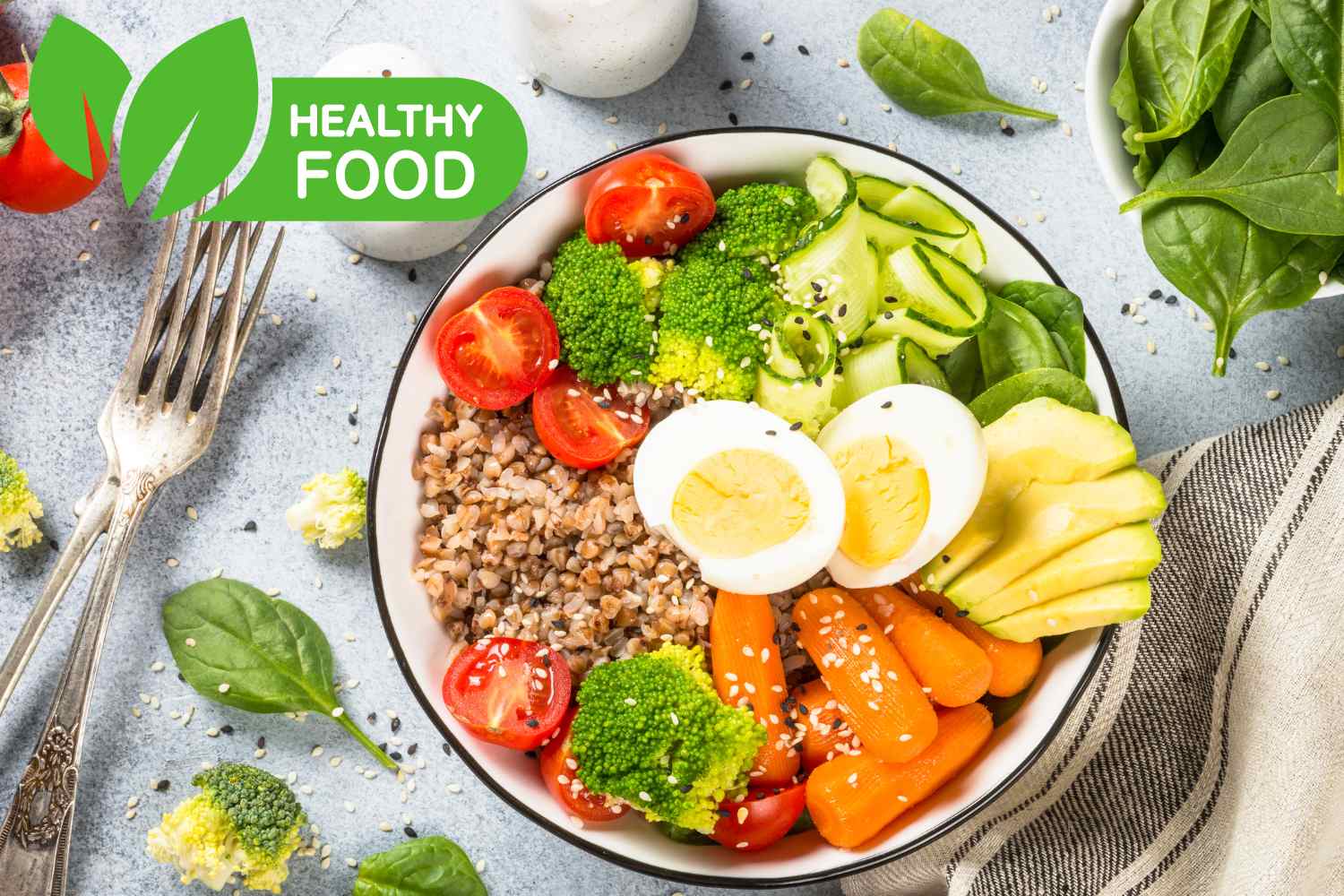The new 2025 EAT–Lancet Commission report provides precise guidance on what we should eat to improve our health, prevent chronic diseases and reduce the environmental impact of food globally

Table of contents
We’re hearing more and more about food because we’ve long understood that what we bring to the table each day impacts not only our health, but also the environment. The question then arises naturally: what should we eat every day to stay healthy while also protecting our Planet as much as possible? This question is now answered by the joint report of the 2025 EAT–Lancet Commission, which is actually an update of the first edition from 2019.
Drafted by 70 scientists from 35 countries, experts in nutrition, public health, ecology and economics, the document analyzes how the global food system affects human health, environmental sustainability and social justice.
At the heart of the report is the Planetary Health Diet (PHD), a predominantly plant-based, balanced and sustainable diet that according to experts could prevent up to 15 million premature deaths per year among adults, reducing the risk of cardiovascular disease, diabetes, stroke, some types of cancer and even neurodegenerative diseases.
The report confirms that our eating patterns globally show major imbalances. In the United States, Canada and Europe, consumption of red meat and dairy far exceeds the recommendations of the Planetary Health Diet (PHD), while in sub-Saharan Africa and some areas of South Asia, diets are too nutrient-poor.
The document also emphasizes that the wealthiest 30% of the global population is responsible for over 70% of environmental damage related to food. At the same time, about 2.8 billion people cannot afford a healthy diet and 1 billion are malnourished, while many live with obesity, highlighting a food system that works neither for those who have too much nor for those who have too little.
But what would the ideal diet actually look like?
The Planetary Health Diet (PHD)
According to the Commission, a healthy and sustainable diet is based primarily on plant foods, with moderate consumption of animal-based foods. It’s not an ideological or restrictive diet, but rather flexible and adaptable to different cultures, ages and economic conditions. Benefits can be achieved even just by modifying the proportions of foods on the plate, increasing plant-based ones and reducing those with high environmental impact and low nutritional value.
Plant foods (the pillar of the diet)
These are the quantities of plant foods an adult should consume in a diet with an average intake of about 2400 kcal/day:
- Whole grains: 5.3-7.4 oz (150-210 g) per day, such as rice, wheat, oats or corn
- Starchy tubers and roots: about 1.8 oz (50 g) per day, to be limited compared to whole grains
- Vegetables: at least 10.6 oz (300 g) per day, varying colors and types
- Fruit: at least 7 oz (200 g) per day, including berries and dried fruit
- Nuts and peanuts: about 0.9-1.8 oz (25-50 g) per day, source of protein and unsaturated fats
- Legumes: about 2.6 oz (75 g) per day, such as beans, lentils, chickpeas and peas
Animal-based foods (to be consumed in moderation)
These are the animal-based foods with their respective quantities:
- Red meat: maximum 7 oz (200 g) per week
- Poultry: up to 14 oz (400 g) per week; to be preferred over red meat
- Fish and seafood: up to 24.7 oz (700 g) per week; source of omega-3
- Eggs: three or four times per week
- Milk and dairy: up to 17.6 oz (500 g) per day; consumption can be adapted based on alternative protein sources and cultural preferences
Fats, sugars and salt
Regarding the most controversial substances in our diet, the report proposes:
- Unsaturated vegetable oils: about 1.4 oz (40 g) per day, such as olive, canola or sunflower oil
- Added sugars: maximum 1 oz (30 g) per day, no more than 5% of caloric intake
- Sodium: less than 2 g per day, equivalent to about 5 g of table salt

@2025 EAT-Lancet Commission

@2025 EAT-Lancet Commission
Health benefits and environmental impact
Numerous scientific studies confirm the advantages of adopting a predominantly plant-based eating style, like the one proposed by the Planetary Health Diet. Those who follow a diet rich in vegetables, fruit, legumes and whole grains significantly reduce the risk of developing multiple diseases simultaneously, so-called multimorbidity, with an estimated decrease of 32%, regardless of age.
Furthermore, choosing a healthy diet after age 40 increases the chances of reaching 70 without chronic diseases, improving quality of life and reducing the risk of conditions such as diabetes, cardiovascular disease, stroke, some types of cancer and dementia. These benefits don’t only concern adults, but extend to all life stages: a balanced diet can in fact positively influence health even in younger people and help prevent future health problems.
Then there’s the environmental issue. The global food system is one of the main causes of the ecological crisis: the production, distribution and consumption of food are responsible for about 30% of global greenhouse gas emissions and contribute decisively to biodiversity loss, deforestation and water resource pollution.
According to experts, global adoption of the planetary diet could halve food-related emissions by 2050, an effect comparable to shutting down all coal-fired power plants on the planet. This diet finally also represents a tool for food justice, capable of reducing waste and inequalities, while ensuring sufficient food for a world population estimated at about 9.6 billion people by 2050.
You can read the complete report HERE.
